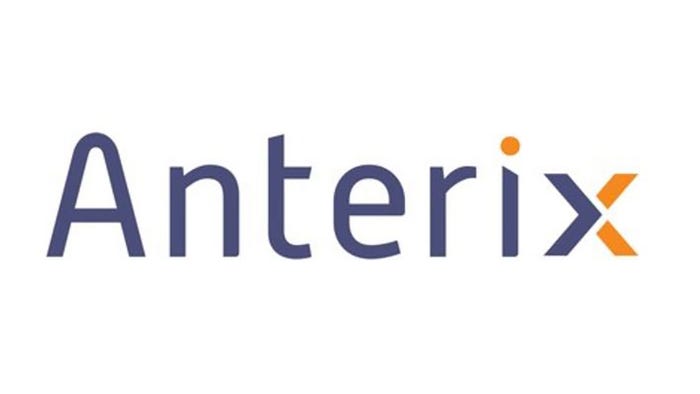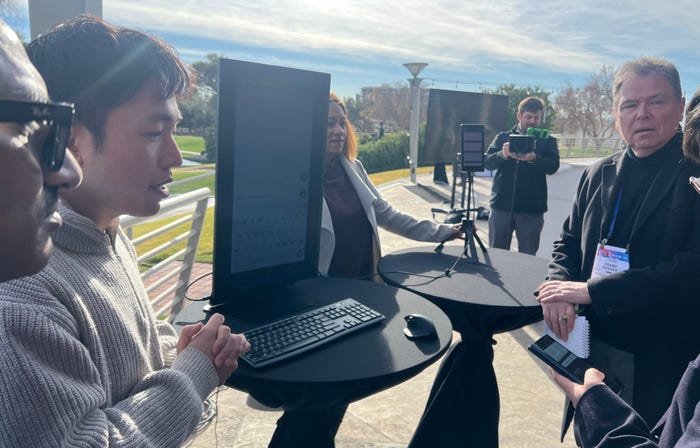T-Mobile sues Florida school district over 5GT-Mobile sues Florida school district over 5G

T-Mobile has filed a lawsuit against a Florida school district in order to prevent the school’s board of directors from selling two 2.5GHz spectrum licenses.
An investment firm called WCO Spectrum offered to buy the two licenses from the school board of St. Lucie County, Florida, for $7.6 million. But T-Mobile is arguing that the school board cannot sell the licenses to WCO for a variety of legal reasons, including because T-Mobile views WCO as a competitor.
The school district did not immediately respond to questions from Light Reading about the lawsuit. The St. Lucie County district stretches across 39 schools and serves 40,000 students.
At issue are the 2.5GHz spectrum licenses that underpin T-Mobile’s midband 5G network. Due to FCC rules that originated in the 1960s, most of those licenses are not owned by T-Mobile. Instead, they are owned by educational institutions including universities, high schools and religious organizations. To use the licenses for commercial applications such as 5G, T-Mobile and its corporate predecessors like Clearwire and Sprint inked long-term leases on the licenses.
The St. Lucie County school district first inked its 2.5GHz leasing deal with T-Mobile’s corporate predecessors in 2008. The lease expires in 2038.
However, in an effort to straighten out such tangled agreements, the FCC ruled in 2020 that educational institutions can sell their licenses; previously they were legally prevented from doing so. As a result, T-Mobile has so far purchased more than 200 of the estimated 2,000 total 2.5GHz licenses it leases, according to previous reporting from Light Reading.
Is WCO a competitor?
WCO is headed by billionaire Gary Winnick, a financier who founded telecom giant Global Crossing, and it has been offering millions of dollars to educational institutions across the country for their 2.5GHz licenses.
To read the complete article, visit Light Reading.



